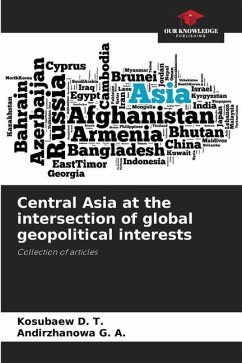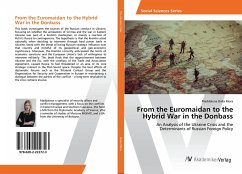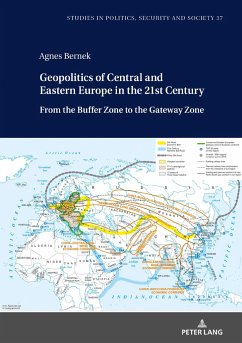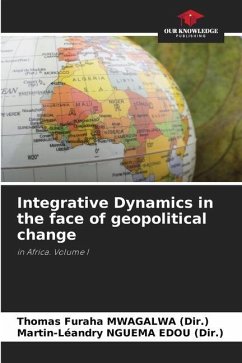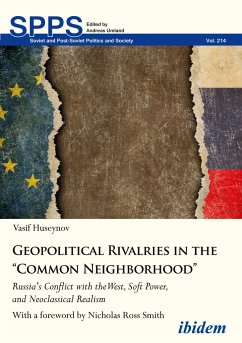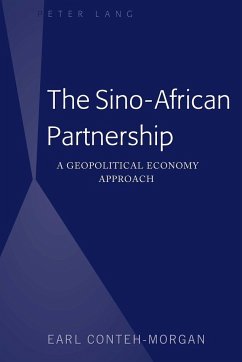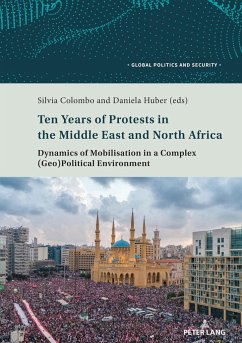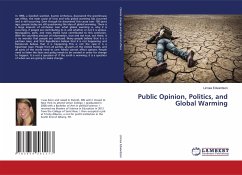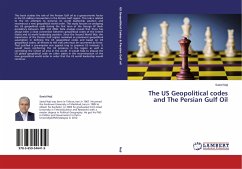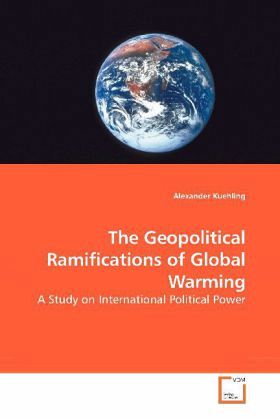
The Geopolitical Ramifications of Global Warming
A Study on International Political Power
Versandkostenfrei!
Versandfertig in 6-10 Tagen
32,99 €
inkl. MwSt.

PAYBACK Punkte
16 °P sammeln!
There is unequivocal evidence that fossil fuels are thickening the Earth s atmosphere and warming the planet. Typically, the issue of climate change in the international political arena has been clouded partly by unitary greed, but primarily by an anachronistic viewpoint associating wealth and political power with fossil fuel industrialization. However, history has shown that a state''s international political power is correlated to their ecological infrastructure. This paper uses an environmental model, akin to geopolitical theory, to measure a state''s international political power. If we as...
There is unequivocal evidence that fossil fuels are thickening the Earth s atmosphere and warming the planet. Typically, the issue of climate change in the international political arena has been clouded partly by unitary greed, but primarily by an anachronistic viewpoint associating wealth and political power with fossil fuel industrialization. However, history has shown that a state''s international political power is correlated to their ecological infrastructure. This paper uses an environmental model, akin to geopolitical theory, to measure a state''s international political power. If we assume that natural science s predictions regarding global warming are valid, through the prism of geopolitics, a state s current stance carbon emissions should be determined by how Global Warming will affect their space in the long-term. Thus, this paper asks the question, are actors supporting or opposing international greenhouse gas emission agreements based upon an an attempt to enhance their ecological infrastructures?



